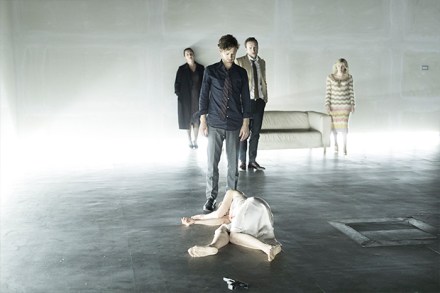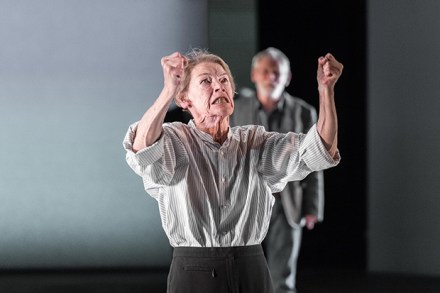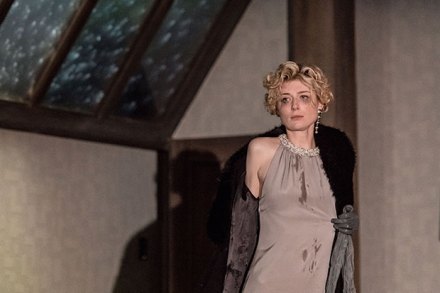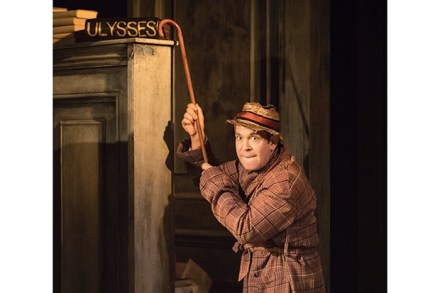Remembrance of things past
The Kite Runner, a novel by Khaled Hosseini, has sold more than 30 million copies worldwide. Now it arrives on the West End stage, a doggedly efficient piece that somehow lacks true dazzle. The narrative style involves thick wodges of plot being delivered at the audience like news bulletins on the half-hour. The emotional range is limited and the characters never challenge our expectations. The setting is Kabul in the 1970s. We meet nice Amir, a personable everyman, whose family have foreseen the rise of theocratic despotism and are plotting to escape. We hope they do. We’re attracted to Amir’s garrulous, whisky-drinking dad. ‘All crime is a form of theft,’



















